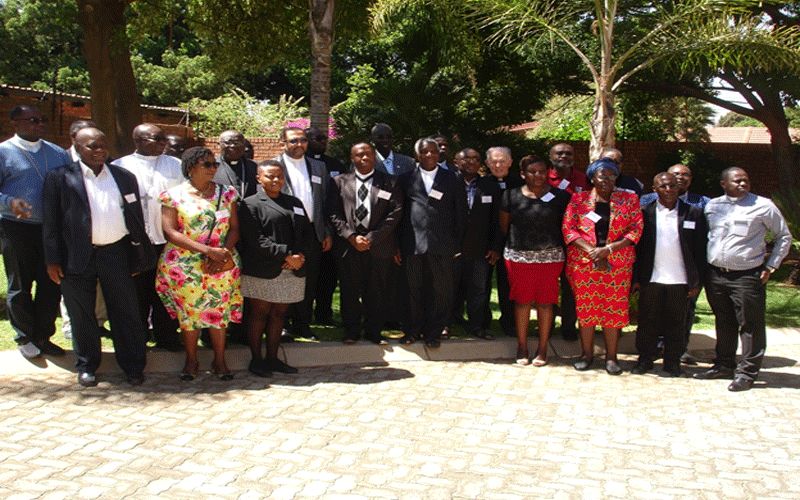Boksburg, 16 October, 2019 / 3:03 am (ACI Africa).
The challenge of xenophobia in Africa can be overcome by identifying and addressing the root causes of the menace that has affected the peaceful coexistence of people of the same race, an official of the Symposium of Episcopal Conferences of Africa and Madagascar (SECAM) said recently in South Africa.
“I think that it is very simplistic to call this phenomenon xenophobia and end there, there is a lot of it. What has happened has xenophobic element, but it is very nuanced, and if we are to succeed in dealing with it, we need to address those nuances as well,” the first Vice President of SECAM, Bishop Sithembele Anton Sipuka said in Boksburg, South Africa last week.
“One particular context of South Africa that requires strategies for peace, it is the context of lack of harmony between some South Africans and nationals of other African countries,” Bishop Sipuka noted in opening remarks during the three SECAM’s Justice and Peace and Development Commission (JPDC) workshop, which concluded October 10.
The Prelates who is the Local Ordinary of Umtata in South Africa described the violence occasioned by xenophobia in his country as “very saddening and embarrassing.”
Highlighting some of the causes of the evil of xenophobia, Bishop Sipuka said, “Competition among the poor of South Africa and the poor of other African countries,” is one of the reasons of the violence.








